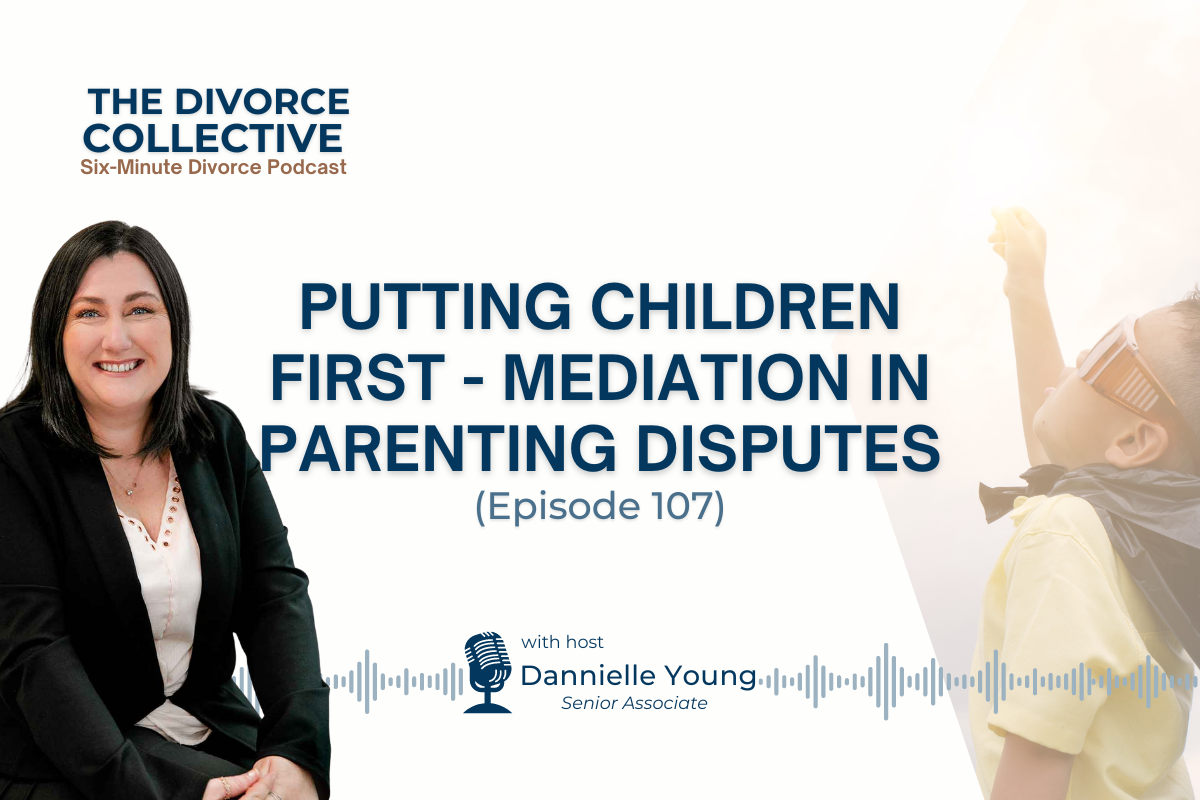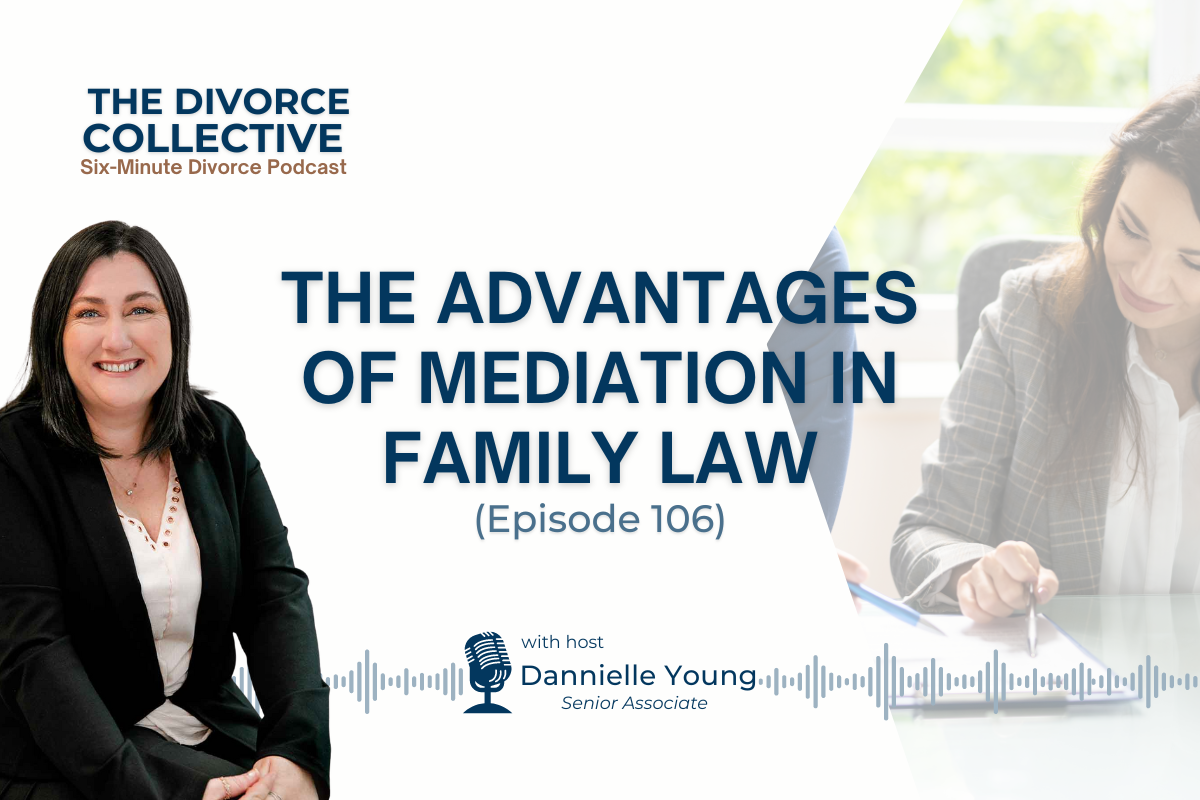Family law mediation is a constructive and cost-effective alternative to court battles when resolving disputes related to divorce, child custody, support, and other family matters. It offers families an opportunity to come together, discuss their concerns, and work towards a mutually agreeable solution. To make the most of this process, careful preparation is essential. In this article, we will outline the steps to prepare for family law mediation, helping you navigate the process with confidence and achieve a successful resolution.
1. Understanding the Mediation Process:
The first step is to familiarise yourself with the mediation process. Mediation involves a neutral third party, the mediator, who facilitates discussions between family members to find common ground. It’s crucial to grasp the mediator’s role, the confidentiality of the proceedings, and the voluntary nature of the process. Understanding these aspects will help you approach mediation with a constructive mindset.
2. Gather All Relevant Information:
Prepare a comprehensive collection of all relevant documents, including financial records, asset information, and any pertinent legal paperwork. This information will aid in clarifying your financial situation, determining future parenting arrangements, and addressing support issues. Being organized and transparent with your documents will promote a more efficient mediation process. Remember, not everything is relevant.
3. Set Clear Goals and Priorities:
Before entering mediation, identify your primary concerns and objectives. This could include future parenting arrangements, property division, child support matters, etc. Knowing your priorities will help you stay focused during the discussions and negotiate with purpose. Additionally, being aware of your desired outcomes will allow you to be more flexible in other areas, facilitating compromise.
- Consult with a Family Lawyer:
Even though mediation is less adversarial than court proceedings, consulting with a family lawyer before mediation is highly recommended. A lawyer can provide valuable insights, legal advice and ensure you understand your rights throughout the mediation process. We can tell you if what you are hoping to achieve is reasonable, provide some tips on how to navigate the mediation process, help you prepare a draft proposal to take with you to mediation and of course attend the mediation with you if you desire.
5. Remain Calm and Respectful:
Family law mediation can be emotionally charged, especially when discussing sensitive issues. It is essential to maintain a calm and respectful demeanour during the proceedings. Avoid personal attacks, name-calling, or emotionally-driven responses. Instead, focus on effective communication and expressing your concerns in a clear and concise manner.
6. Be Open to Compromise:
Mediation involves give-and-take, and compromise is often necessary to reach a resolution that works for all parties involved. Understand that you might not achieve everything you desire, but a fair and balanced outcome is the ultimate goal. Keep an open mind and be willing to explore various solutions to find common ground. You should not enter the mediation room thinking that you only want what you want and anything else is non-negotiable. That approach will not assist you in reaching a resolution and staying out of Court. You should think of your best case and your worst case heading into mediation. You should come up with some important non-negotiables that you need to seek but also consider and make a list of those other littler things that don’t matter as much that you can compromise on.
7. Practice Active Listening:
Listening actively to the other parties involved is crucial in mediation. This means genuinely hearing and understanding their perspectives, feelings, and concerns. By doing so, you can acknowledge their needs and work towards finding resolutions that consider everyone’s interests.
Family law mediation can be a positive and empowering process when approached with preparation and the right mindset. By understanding the mediation process, gathering relevant information, setting clear goals, seeking legal advice, remaining calm and respectful, being open to compromise, and practicing active listening, you increase the chances of achieving a successful resolution. Mediation offers an opportunity for families to work together, reduce conflict, and create solutions that are tailored to their unique circumstances, fostering a brighter and more harmonious future.





